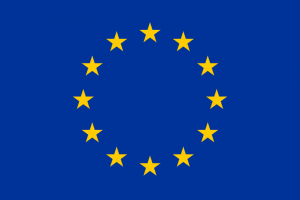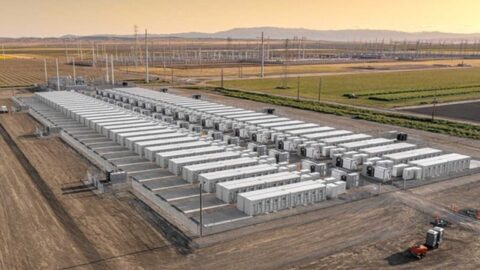Europe’s Love Affair with the Investor Confidence Project Gets Serious
By: Panama Bartholomy, Director of ICP Europe
 The European Commission is putting its weight behind an initiative designed to increase private investment in energy efficiency, the Investor Confidence Project (ICP). ICP is accelerating the development of a global energy efficiency market by standardizing how energy efficiency projects are developed and energy savings are calculated.
The European Commission is putting its weight behind an initiative designed to increase private investment in energy efficiency, the Investor Confidence Project (ICP). ICP is accelerating the development of a global energy efficiency market by standardizing how energy efficiency projects are developed and energy savings are calculated.
In late February, the European Commission released a landmark report on energy efficiency in Europe that was 18 months in the making, and it had ICP all over it. The report, Energy Efficiency – the first fuel for the EU Economy, was issued by the Energy Efficiency Financial Institutions Group (EEFIG), a group of financial and energy efficiency leaders and building owners convened by the European Commission and United Nations Environment Programme Finance Initiative.
Earlier that same month, the European Commission awarded a €1.92 million grant to the European version of the project, ICP Europe. The grant will pay for a consortium of companies to:
- develop ICP’s project protocols for the European market;
- work with financial institutions to embed them into their financing process; and
- organize National Steering Groups in five countries: (Austria, Bulgaria, Germany, Portugal and the U.K.) to take the protocols to markets in those countries.
To cap it off, the European Commission’s main energy website unveiled a new Financing Energy Efficiency webpage that listed ICP Europe as a recommended initiative; it was the only initiative listed not related to the European Commission.
We get it! We feel loved and trust us, it’s mutual.
Introduced in November 2014, Environmental Defense Fund’s ICP Europe has been gaining momentum among the European public and private sectors, and financial and engineering communities have recognized the need for the type of standardization offered by our Energy Project Protocols and professional credentialing system.
EEFIG (not an exotic Mediterranean fruit)
Comprised of more than 200 individuals from over 100 organizations, including Deutsche Bank, ING, Allianz, BNP Paribas, the European Property Federation, and EuroACE, EEFIG highlighted ICP six times in their report, calling us a “model initiative” and recommending that Europe develop a “standardization and performance tracking initiative (e.g. building on the Investor Confidence project) that supports the development of standard processes and open-sourced buildings energy usage database.”
EEFIG surveyed members of the group to identify the major drivers of energy efficiency finance supply and demand, and the survey showed standardization as the top driver for both supply and demand of finance, an issue at the heart of ICP’s efforts.
EEFIG also identified other drivers that are directly being addressed by ICP Europe, including “increased investor confidence and change in risk perception, transaction costs/ simplicity, measurement, reporting and verification and quality assurance, lender’s approach to risk assessment, risk-return targets, availability of data, price of energy and the challenge of aggregating projects.” The ICP protocols and process provide clear pathways for developers, building owners and investors to address these exact issues.
Europe-specific protocols on the way
The EEFIG report went beyond identifying barriers to investment by offering a series of recommendations to government authorities and market players. The development of a European ICP was recommended as a specific “to-do” a number of times in the following sections: “Strong, Stable and Well-enforced Regulatory Framework,” “Clear Business Case, Leadership and Awareness at Key Decision Maker Level,” “Standardization,” “Development of Easy to-Use Standards for All Steps in EE Investment Process.”
The ICP Europe team will be working with members of EEFIG to implement the report’s recommendations by developing Europe-specific energy efficiency protocols, starting this May and working with EFFIG members to embed those protocols in building energy renovation programs around the European market.
For more information on ICP Europe, including how to take part in developing protocols and other tools, visit www.EEperformance.org/europe.
Image Source: Wikipedia












